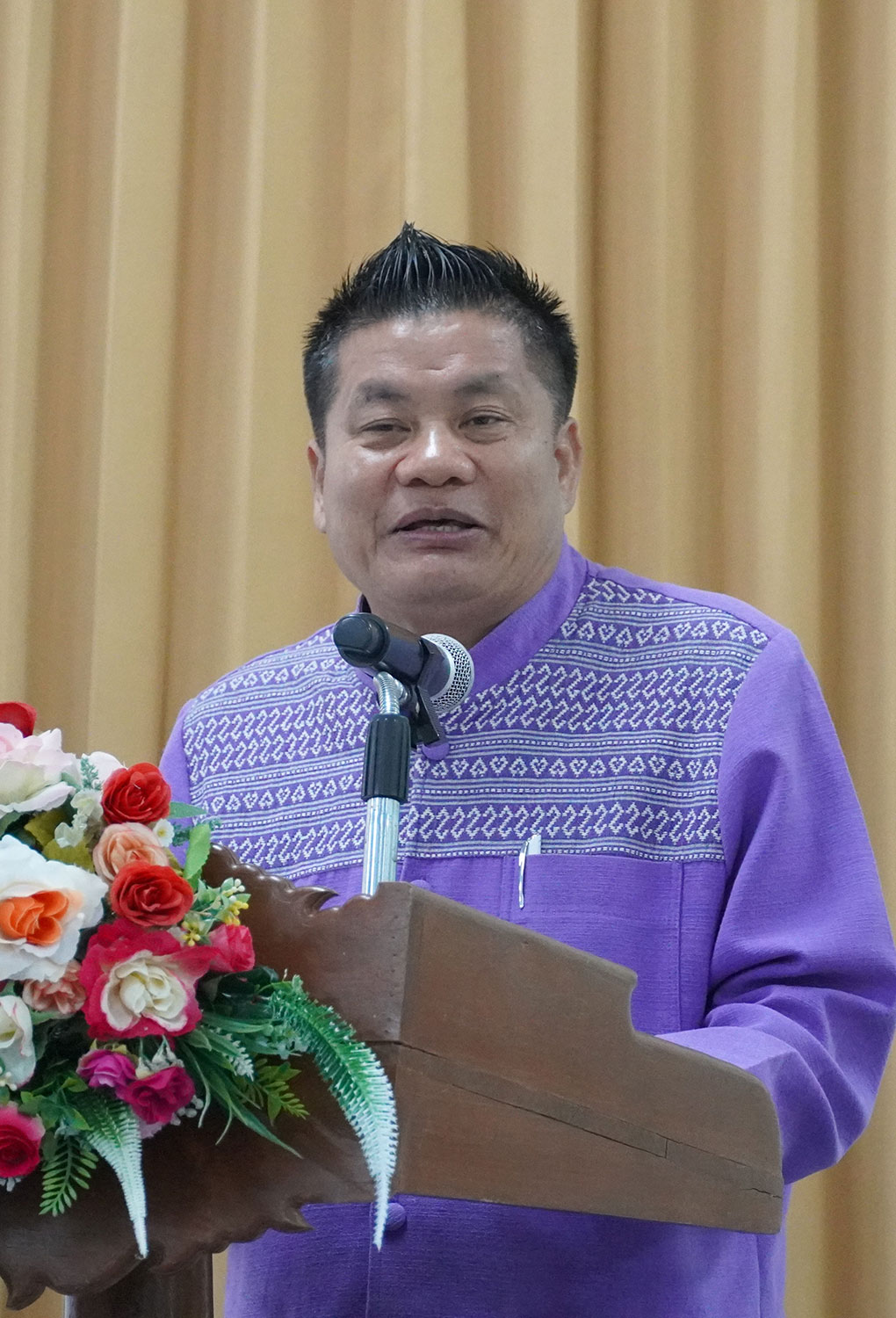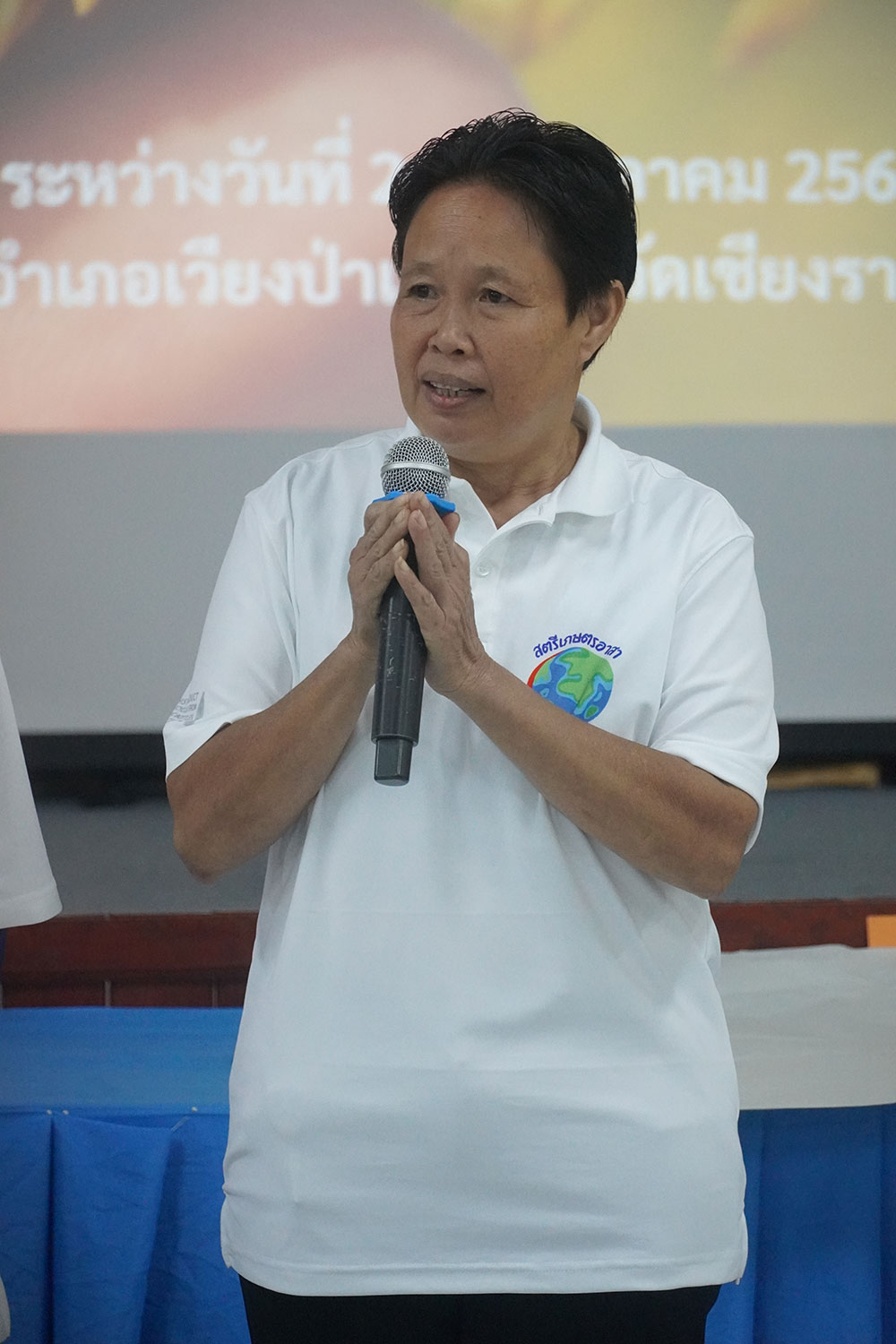Climate change affects everyone, but not equally. Vulnerability to climate change is exacerbated by inequity and marginalisation linked to gender, ethnicity, low income, and other socioeconomic factors. This is why the Building a Climate Resilient Potato Supply Chain Through a Whole-Farm Approach (RePSC) programme recently hosted an exclusive training session for female farmers only.
Up to 50 female leaders, all active members of RePSC. gathered in Chiang Rai’s Wiang Pa Pao district for two days to not just learn about sustainable agriculture, but also share their views on why women are essential for pushing climate resilience and adaptation into action. Additionally, they will serve as volunteer agricultural representatives, actively applying and disseminating the knowledge gained from the training within their communities and beyond.

Throughout the two-day workshop, female farmers learned the knowledge and skills necessary for reducing greenhouse gas emission and mitigation, including financial planning for agri-business, rational use of chemicals and biocontrol, from agricultural and academic experts from Mae Fah Luang University, Chiang Rai Provincial Agricultural Office, Wiang Pa Pao District Agricultural Office, Wiang Ka Long Subdistrict Municipality, Pepsi-Cola (Thai) Trading Co., Ltd., and Deutsche Gesellschaft für Internationale Zusammenarbeit (GIZ)



Ratchanok Kantha, 54-year-old rice farmer from Mae Chedi Sub-district, also shared her thoughts: “Good agricultural practice begins with financial planning. We can adapt these skills to develop our savings groups and product processing enterprises in our communities to enhance women’s skills and promote community development in the long run.” Additionally, Ratchanok emphasised that this training is highly beneficial for women and the community, providing a platform for female farmers to exchange perspectives on the importance of women in adapting to climate change.
“This training has enhanced my understanding of sustainable agriculture, including topics such as tailor-made fertiliser, the use of Trichoderma, and proper chemical application. These practices help reduce costs, increase productivity, promote health, and are environmentally friendly,” she said. ■





